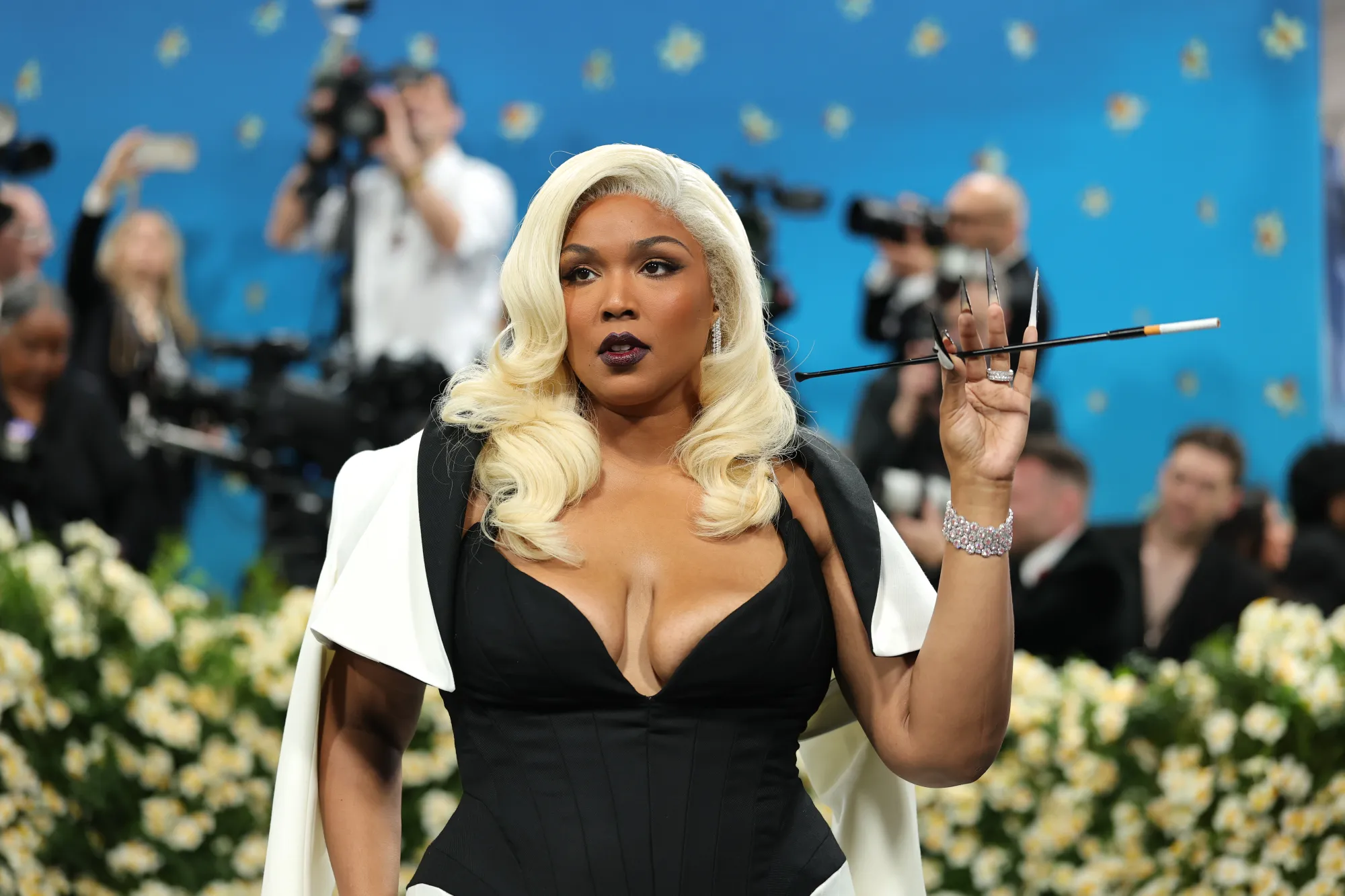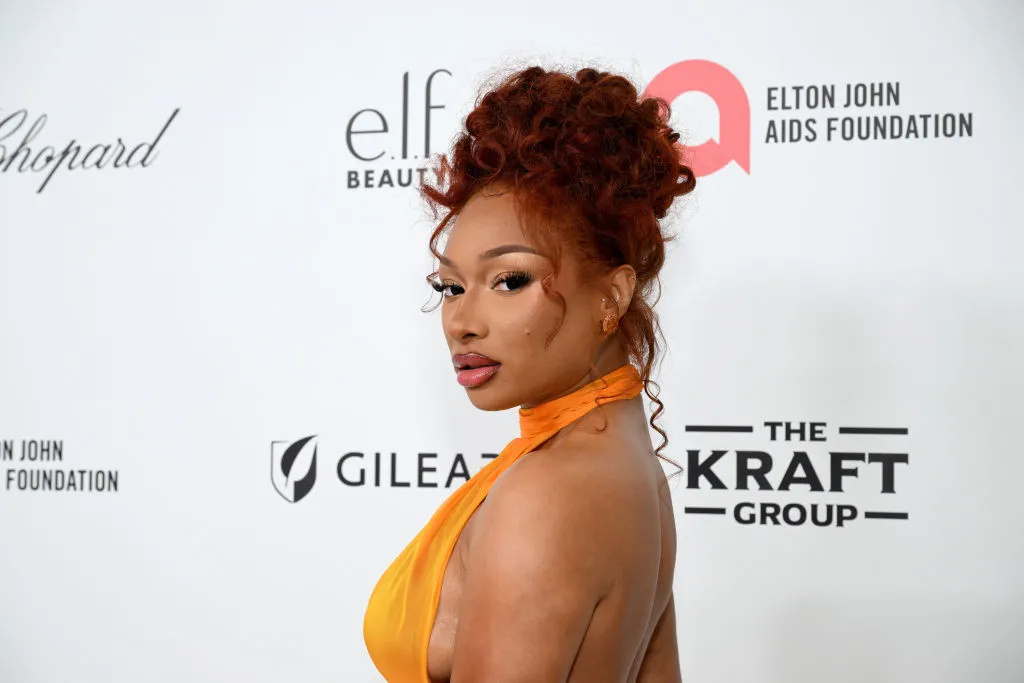In a bold and unfiltered statement that has sent shockwaves through Uganda’s music industry, Mr. Lee, a member of the renowned singing trio B2C, has publicly criticized some of the country’s biggest artists for what he calls a failure to develop the music sector. During a recent online interview, the singer didn’t hold back, naming industry heavyweights like Bebe Cool, Eddy Kenzo, and Bobi Wine as figures who, in his view, missed the opportunity to create strong business structures that could have propelled Ugandan music to greater heights.
Mr. Lee’s candid remarks have ignited a fiery debate among fans, fellow artists, and industry stakeholders. While some have applauded his honesty, others have rushed to defend the senior artists, arguing that they’ve made significant contributions to the industry. Here’s a deep dive into the controversy and what it means for the future of Ugandan music.
Mr. Lee’s Critique: What Did He Say?
During the interview, Mr. Lee expressed his disappointment with the lack of progress in Uganda’s music industry, particularly in terms of business development. He pointed out that despite the success of artists like Bebe Cool, Eddy Kenzo, and Bobi Wine, the industry still lacks the robust infrastructure needed to support emerging talent. “These artists achieved great success, but they didn’t create the systems that could help the next generation thrive,” he stated.
Mr. Lee emphasized that if these top artists had invested more in building sustainable business models, younger musicians would have found it easier to navigate the industry. He called for unity among industry leaders, urging them to collaborate and create a more supportive environment for upcoming artists. “We need to work together to build an industry that benefits everyone, not just a few,” he added.
The Backlash: Defending the Legends
Unsurprisingly, Mr. Lee’s comments have sparked mixed reactions. While some fans and industry insiders agree with his assessment, others have come to the defense of Bebe Cool, Eddy Kenzo, and Bobi Wine, highlighting their contributions to Ugandan music.
One fan tweeted, “Bebe Cool and Eddy Kenzo have done so much for Ugandan music. It’s unfair to say they didn’t contribute to the industry’s growth.” Another added, “Bobi Wine used his platform to put Ugandan music on the map. We can’t ignore that.”
Industry experts have also weighed in, with some arguing that the challenges facing Uganda’s music industry are systemic and cannot be blamed solely on individual artists. “The issues are deeper than just what one or two artists did or didn’t do,” said one analyst. “We need to look at policies, funding, and infrastructure as a whole.”
The Bigger Picture: What’s Holding Ugandan Music Back?
Mr. Lee’s critique has brought to light long-standing issues within Uganda’s music industry. Despite the talent and creativity of its artists, the sector continues to face challenges such as limited access to funding, inadequate distribution channels, and a lack of proper marketing strategies. These obstacles have made it difficult for many artists to achieve sustainable success.
Moreover, the absence of strong business structures has left many musicians vulnerable to exploitation and financial instability. Mr. Lee’s call for industry leaders to work together reflects a growing sentiment among younger artists who are eager to see change. “We need to create an ecosystem where artists can thrive, not just survive,” he emphasized.
What’s Next for Uganda’s Music Industry?
As the debate rages on, the question on everyone’s mind is: what’s next? Will Mr. Lee’s comments serve as a wake-up call for industry leaders to take action? Or will the status quo remain unchanged?
Some believe that this controversy could be the catalyst for much-needed reforms. “This is a conversation we’ve been avoiding for too long,” said one music producer. “Maybe now we can start addressing the real issues and find solutions.”
Others, however, are skeptical, arguing that change will require more than just words. “It’s easy to point fingers, but we need actionable plans and collective effort,” said another industry insider.
How Fans Are Reacting
Fans have taken to social media to share their thoughts on the matter, with hashtags like #UgandaMusicDebate and #MrLee trending across platforms. While some have praised Mr. Lee for speaking out, others have criticized him for what they see as an unfair attack on the industry’s pioneers.
“I respect Mr. Lee, but he shouldn’t discredit the work of those who came before him,” commented one fan on Facebook. Another wrote, “It’s time for a new generation to step up and take responsibility. Blaming others won’t solve anything.”
The Road Ahead: Collaboration or Conflict?
One thing is clear: Uganda’s music industry is at a crossroads. The debate sparked by Mr. Lee’s comments highlights the need for greater collaboration and innovation within the sector. Whether this will lead to meaningful change remains to be seen, but one thing is certain – the conversation is far from over.
As fans, artists, and industry players continue to weigh in, the hope is that this controversy will inspire a renewed commitment to building a stronger, more sustainable music industry for future generations. After all, as Mr. Lee himself put it, “We all have a role to play in shaping the future of Ugandan music.”








